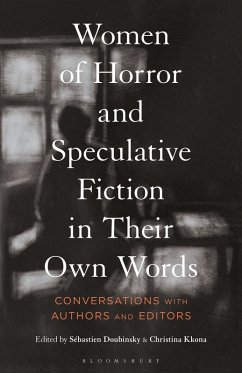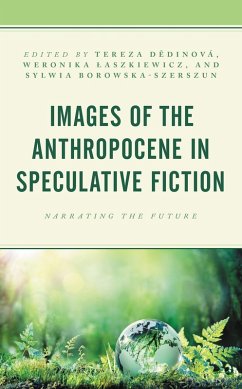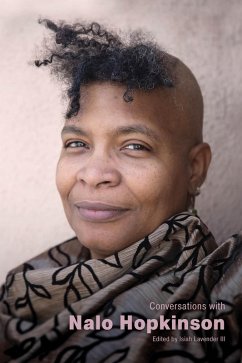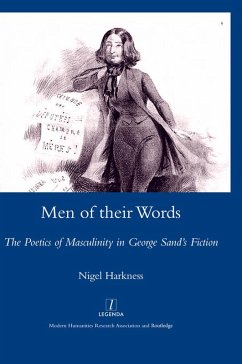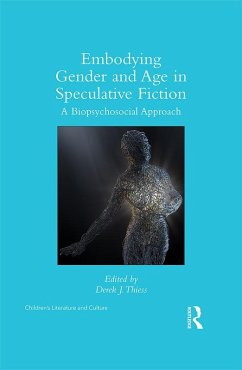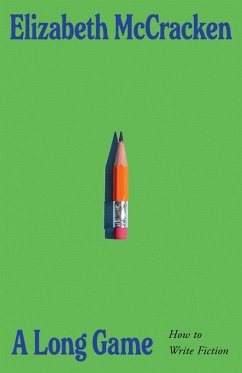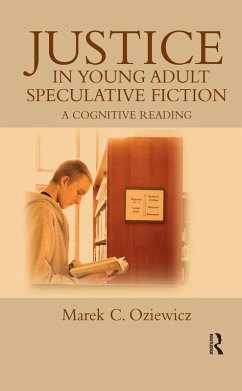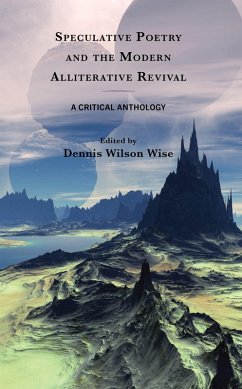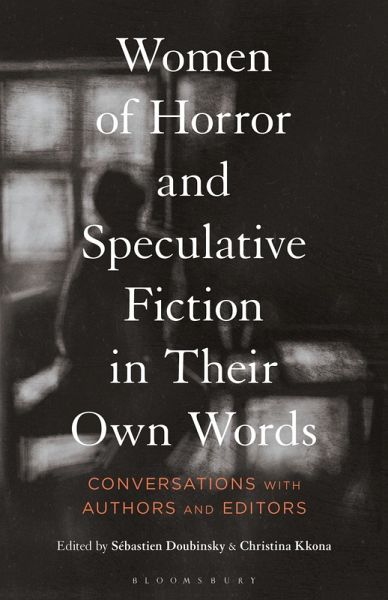
Women of Horror and Speculative Fiction in Their Own Words (eBook, ePUB)
Conversations with Authors and Editors
Redaktion: Doubinsky, Sébastien; Kkona, Christina
Versandkostenfrei!
Sofort per Download lieferbar
18,95 €
inkl. MwSt.
Weitere Ausgaben:

PAYBACK Punkte
9 °P sammeln!
What makes science fiction genres better than others at challenging social conventions, especially gender? Are speculative works structured differently when addressed to traditionally under-portrayed individuals or communities? This collection of interviews elicits truly honest and thought-provoking responses that focus on the biographical dimension in speculative fiction, questions of intersectionality, genre (re)definitions and the politicization of fiction. It gives voice to women of different races, nations, classes and sexual orientations who write and edit speculative fiction - such as E...
What makes science fiction genres better than others at challenging social conventions, especially gender? Are speculative works structured differently when addressed to traditionally under-portrayed individuals or communities? This collection of interviews elicits truly honest and thought-provoking responses that focus on the biographical dimension in speculative fiction, questions of intersectionality, genre (re)definitions and the politicization of fiction. It gives voice to women of different races, nations, classes and sexual orientations who write and edit speculative fiction - such as Ellen Datlow, Kathe Koja, Angela Mi Young Hur, Eugen Bacon, and Cat Rambo. The interviews clarify how the junction of genre and gender is a key element to understanding this literary field, while simultaneously contextualizing and theorizing the interview itself, as a literary genre and a research tool.




